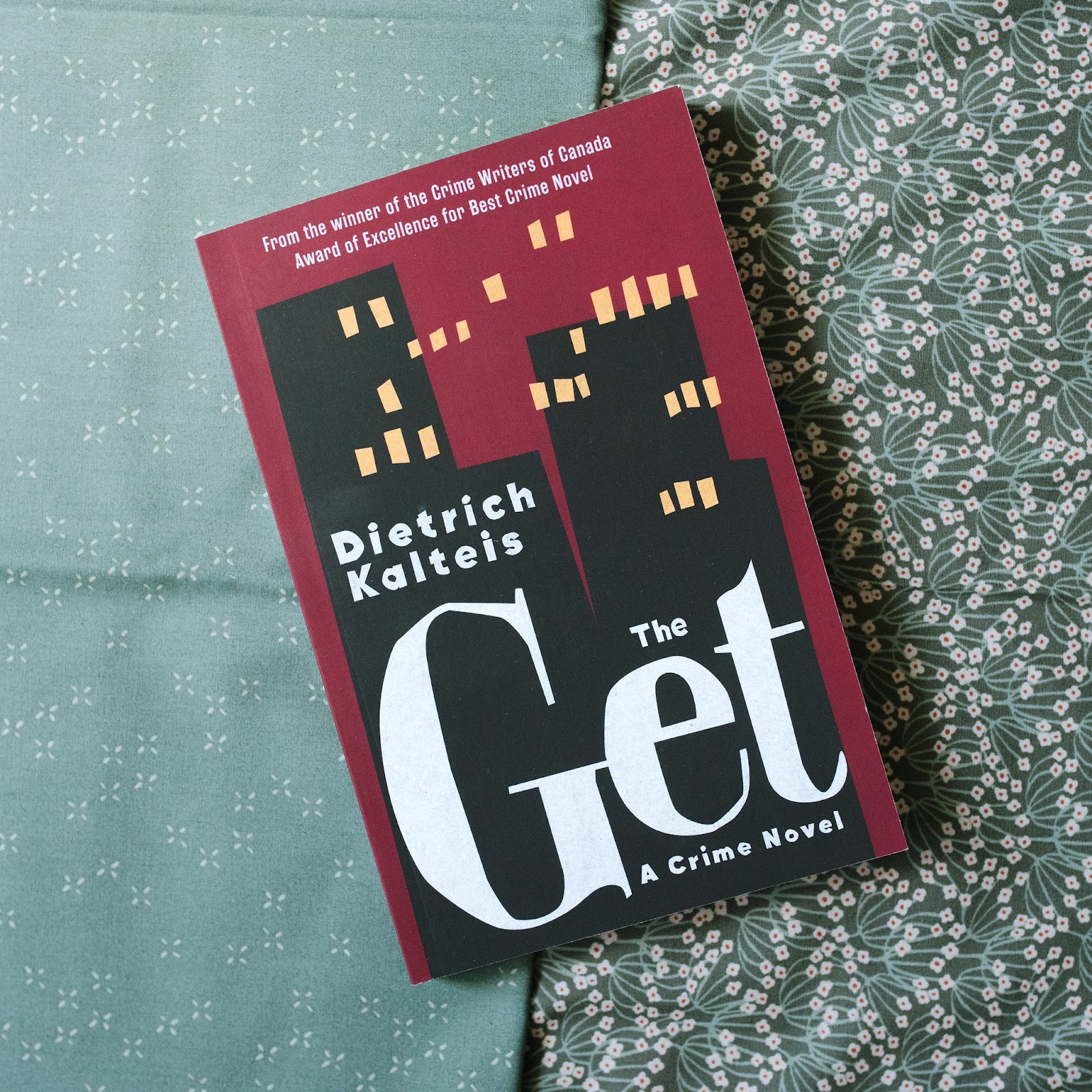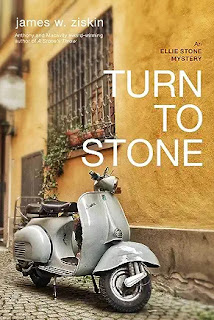Have you had success taking an old, perhaps previously abandoned, manuscript and breathed in new life before selling it?
And my God was it ever a typical first effort! No detail of physical setting, character appearance, back story or portentous weather went undescribed; no metaphor went unnailed; no gasp-inducing plot twist or satisfying pay-off of built-up suspense went . . . unignored.
See, it wasn't a crime story. It was an exploration of life, love and family through the medium of a novel where nothing happened. My favourite (not).
I called it The Hook and The Slab, being as it was about two brothers, one enormous and one wiry, both butchers, who become obsessed with the visiting psychology student who rents the flat above their shop. Oh it was about culture, especially food, and alienation - the brothers are Scottish and the student is Japanese - and isolation.
But, even then, two things kept trying to break through. I wrote a climactic scene that belonged in a different book. I wrote a supporting character and a chorus of background characters that insisted on being funny. Inside this over-written musing on isolation and connection, there was a darkly humorous psycho-thriller trying to burst out.
I put it in a drawer, after forty rejections from agents, and started writing the first Dandy Gilver mystery instead.
In the following eleven years, I wrote mysteries, capers and thrillers but I never forgot about Keiko Nishisato, her friend, Fancy Clarke, and those brothers, Murray and Malcolm Poole. It bothered me that I had brought them to life and abandoned them. I didn't care anymore about the metaphors and the explorations, but I came to care more and more about the story I hadn't quite written, the fun I never quite had.
So I wrote it again, with the brakes off, with a decade between me and academic writing, with the security of believing in stories. I called it Come to Harm, which I still can't believe hadn't been used before - it's such a great thriller title.This time around, there was a dark secret, a hidden mystery, clues to be found, red herrings to be stumbled over, and a happy ending.
It worked out well and I'm proud of it.
Can you see that quote? The New York Times said "expertly done" If they only knew!
Cx


.jpg)















.png)





